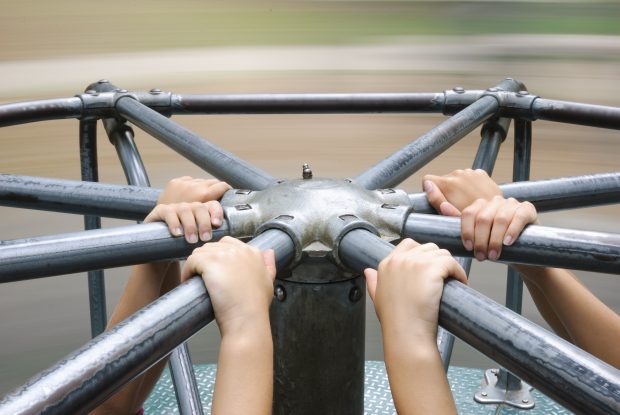
Today’s Education in the Media blog celebrates the first National Numeracy Day as well as looking at Ebacc and the creative subjects.
National Numeracy Day
It is National Numeracy Day – a day to celebrate the importance of maths as well as helping people to sharpen their skills and build their confidence in the subject.
Several maths experts have backed the campaign. Countdown star Rachael Riley wrote in City AM that everyone can be a numbers person and that it is important not to give up practising your maths skills. Andy Haldane of the Bank of England and Trustee of National Numeracy Day wrote a piece for the Independent. In the piece, he says it’s a misconception that some people have ‘maths brains’ while others don’t, and that all of us use numbers in the course of our day-to-day lives.
To mark the first National Numeracy Day, Schools Standards Minister Nick Gibb has confirmed that £1.75m of funding will be used to create two new ‘Hubs’ in Central Lancashire and Cheshire to help spread best teaching practice and improve local pupils’ knowledge, understanding and enjoyment of mathematics.
Minister for School Standards Nick Gibb said:
Thanks to our reforms and the hard work of teachers, standards are rising in our schools and the proportion of primary school pupils reaching the expected standards in reading, writing and maths went up 8 percentage points last year. We have also introduced a more rigorous maths curriculum and now have record numbers studying maths at A level.
But poor numeracy still costs the UK a staggering £20billion every year and we want more pupils to feel confident using numbers as it can open up a wide range of options for future study, training and work.
Thanks to a £74 million investment there are already over 2,500 schools across the country involved in the Teaching for Mastery approach, and today’s announcement will help ensure more children in the north have access to a world-class maths education.
Apprenticeships and Skills Minister Anne Milton said:
It’s great to be part of the first National Numeracy Day. Almost half of working-age adults currently have the numeracy levels we expect of primary school children- that needs to change.
I want people of all ages to feel confident using numbers because they play a big part in all of our lives- we use them for shopping, managing your money at home, cooking, planning a journey and even sport.
We fully fund maths up to GCSE level so that young people and adults can get the skills they need. Being better with numbers isn’t a special talent, it’s something we can all still learn! Boosting your numeracy skills can change your life.
Creative Subjects
Columnist Alice Thomson has written an article for the Times about the number of children studying music, art, design, media and drama.
In it she incorrectly says that the number of children taking arts subjects at GCSE has dropped because of the English Baccalaureate (Ebacc) – the suite of academic subjects we encourage pupils to take at GCSE.
This isn’t the case; entries to arts GCSEs have remained broadly stable since the introduction of the EBacc in 2010. 47.2% of pupils in state-funded schools entered GCSEs in arts subjects in 2010, compared with 46.5% in 2017.
The Ebacc comprises seven GCSEs: English language and literature; maths; combined science (2 GCSEs); geography or history; and a language. There’s no limit on how many GCSEs a pupil can take but many schools allow pupils to do 10 or more so there is scope for pupils to take a number of subjects outside the Ebacc.
A Department for Education spokesperson:
Thanks to our reforms and the hard work of teachers academic standards are rising and 1.9million more pupils are in good or outstanding schools than in 2010.
Our drive to ensure all pupils benefit from a stretching core academic curriculum through the Ebacc is not a barrier to pupils enjoying a high-quality arts education. In fact, since the introduction of the Ebacc the percentage of pupils taking arts GCSEs has remained stable.
We are investing nearly £500million in music and arts education programmes between 2016 and 2020. This includes the recent announcement of £96million to help talented pupils to attend prestigious arts institutions, such as the Royal Ballet School in London and Chetham’s School of Music in Manchester.
Read more about National Numeracy Day and how we are supporting children across England to expand and build on their maths skills.